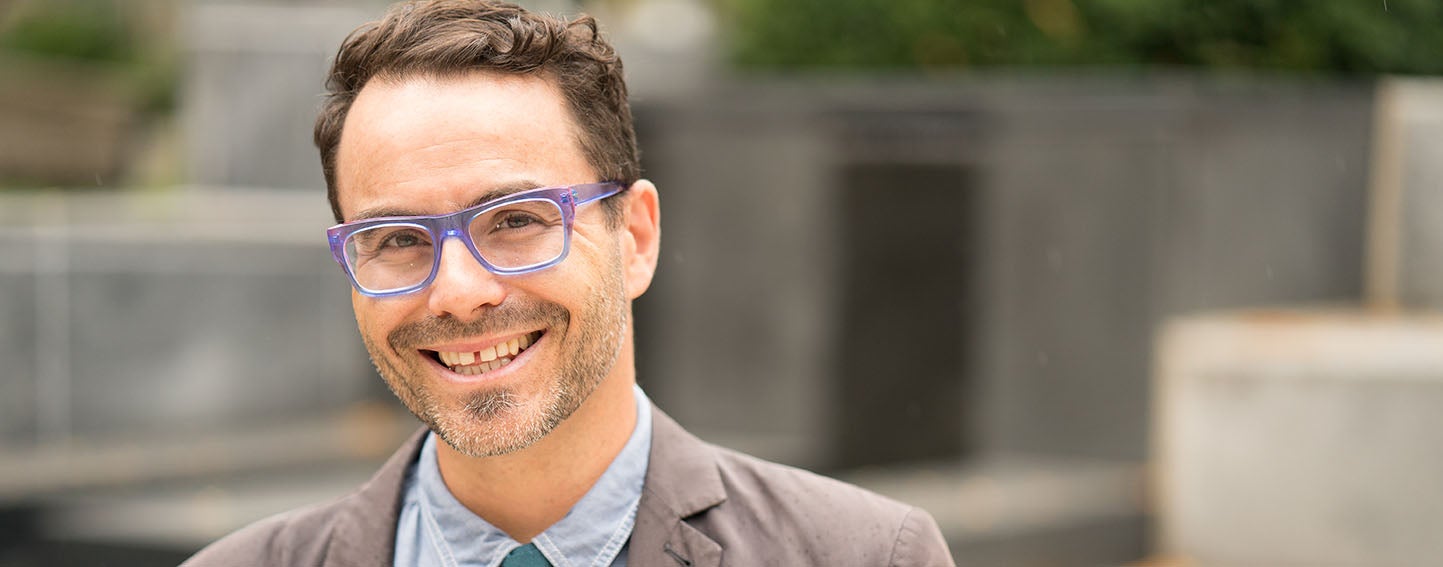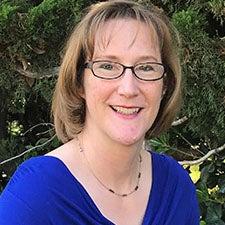
Veteran health care journalist Dan Gorenstein wants to demystify controversial health care issues by peeling back the political rhetoric that makes them so confusing. The former senior health care reporter at NPR’s Marketplace is partnering with health policy researchers to produce a new podcast called Tradeoffs. Featuring a mix of data and storytelling, each episode will unpack the potential benefits and drawbacks of policies related to major health care controversies like drug pricing, Medicare for All, high-deductible health plans, and more. Episodes will air on the Acast network, available on the major podcast platforms, every other Wednesday starting October 16. I recently asked Dan to share his motivations for embarking on this journalism adventure and to preview what listeners can gain by tuning in. Our conversation has been condensed and lightly edited for clarity.
Q: Why did you decide to launch the podcast now?
A: The run-up to the 2020 election seemed like the perfect time to produce a new health policy podcast. Memories of Republicans’ efforts to repeal the ACA are still fresh, and the current debate among Democratic candidates is lively. People have a hunger to fix health care, but there are no quick fixes or silver bullets. Tradeoffs exists to “kick the tires” on some of these complicated ideas that frankly are not panaceas. All have an upside and a downside. All have tradeoffs.
Q: What sets Tradeoffs apart from other sources of information about health policies?
A: As a longtime health care reporter, so often my stories focused on people who were consumers or patients. But there are also doctors, nurses, health care executives, lawmakers, employers, and researchers who are characters engaged in this larger $3.8 trillion health care spending system. With Tradeoffs, we hope to expand the group of people who are humanized beyond patients. By helping listeners meet some of those other players and understand their motivations, we hope to paint a more nuanced picture of our health care system that includes both its flaws and its strengths. What also makes our show different is the team we have put together to produce it. We have health policy researchers and economists who understand the literature backwards and forwards working alongside storytellers who specialize in framing, distilling, and creating tension and drama. My cohosts, Harvard physician and economist Bapu Jena and Vanderbilt economist (now at the Univ. of Minnesota) Sayeh Nikpay, understand how to take very complicated ideas and questions and explain them in ways that are accessible to many people.
Q: How will you cover topics like Medicare for All?
A: Sometimes the message we get is that a single-payer system run by the federal government is going to fix all of our health care problems. People won’t have to worry about copays anymore, and it’s a done deal. But as with any sweeping health reform, it’s not that simple. Our show isn’t satisfied with the easy answer — we think it’s important to ask the trickier, messier follow-up questions too. If Medicare for All drives down prices and simplifies the administrative bureaucracy, what economic impact does that have on communities where hospitals are the largest employers? If care is suddenly free and more people want to access it, is our system ready to meet that new demand? Would it become more difficult to get an appointment? We are trying to pair these complex concepts with great storytelling to give people the tools to fairly and clearly evaluate the tradeoffs of various policy proposals.
Q: Why did you choose to do a podcast as opposed to other forms of media?
A: I’ve been a public radio reporter for about 20 years, and I love audio journalism because there’s something powerful about hearing other people’s voices. But it’s hard to tell these complicated health care stories in short amounts of time. Podcasts give you room and space to do a 20- or 30-minute story. Podcasts also create an intimacy with listeners and allow people to get lost in stories in a way that helps them remember what they heard.
In one episode about high-deductible health insurance plans, we follow a man with chest pain who thinks he’s having a heart attack. He’s in a high-deductible plan and is worried about spending the money to go to the hospital. We hear what’s happening to him in real time and discuss what the evidence says about whether people are healthier with these high-deductible plans and how these plans are affecting employers. We’ll also talk about where the evidence stops. If we acknowledge that edge of evidence, then we can highlight the important questions for our country to figure out.
Q: Who is the target audience for the show?
A: I think we will have two groups of listeners. One is the doctors, nurses, other clinicians, industry executives, policymakers, and academic researchers who are intimately involved in health care. They see our system’s failings up close and spend a lot of time and energy trying to individually improve it. The other group of listeners will be what I call “the curious class.” They may listen to public radio and read the Wall Street Journal, New York Times, or Washington Post. They are likely to pay close attention to the 2020 presidential race. They have likely had personal encounters with the frustrations and inequities of our health care system. They want to better understand how our system got so badly broken, and how we might actually fix it.
Q: How has learning about health care policies helped you?
A: When I started at Marketplace, I knew nothing about health policy. Becoming smarter about this topic through my work armed me with a capacity to think about complicated issues, both on a societal level and a personal level. Some of the reporting that I did around end-of-life care helped me, my father, my stepmother, and my family navigate my father’s three-and-a-half-year process of dying from amyotrophic lateral sclerosis (ALS). I did a better job being a son to my father in the last years of his life because of the things that I had learned. And I think that we all deserve the opportunity to have that. I want to be clear that we are a policy show, not a “news you can use” show. But if you can understand the economic motivations of hospitals, the trials and frustrations of doctors who are trying to provide care, how health insurance works and doesn’t work, even at a high-level policy perspective, these little footholds that Tradeoffs provides can help you feel a little less lost as you navigate the health care system.
Authors & Contributors

Heather Stringer
Heather Stringer is a freelance health and science journalist based in San Jose. She studied civil engineering at Stanford University and started her journalism career at a daily newspaper in Fremont. Heather began covering health care as a staff writer and editor at a nursing magazine and launched her freelancing career in 2003. Her work has been published in Scientific American, Monitor on Psychology, Cure, Proto, and Nurse.com.

